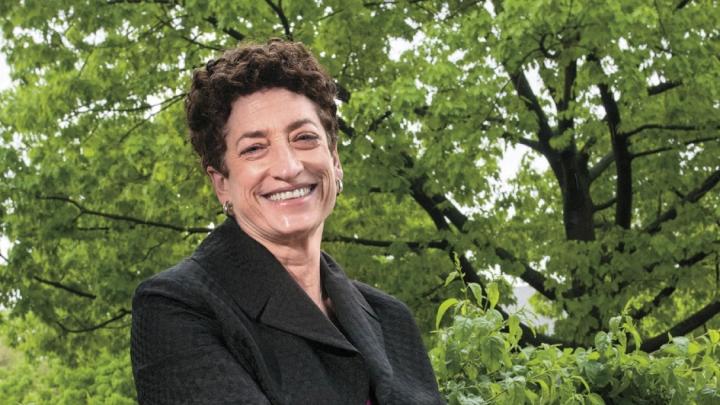When Naomi Oreskes wrote an article in 2004 summarizing the scientific consensus on climate change, she recalls, “I was treated as if I had thrown some kind of grenade.” Public discourse at the time treated global warming as an active scientific debate, but the history of science professor, who arrived from the University of California, San Diego, last fall, had assumed journalists were simply confused about the evidence. As she began examining her critics’ connections, though, Oreskes uncovered a very different story, and in Merchants of Doubt (2010), she and her coauthor, Eric M. Conway, described how deliberate, industry-funded misinformation campaigns had serially misled the media and obscured the scientific consensus on the harmful effects of smoking, acid rain, and the ozone hole—and now, climate change. Her research has also taught Oreskes the need for academics to “speak clearly and crisply” on issues of social and political importance; recently, she signed an open faculty letter calling for Harvard’s divestment from fossil fuels. Her new book with Conway, The Collapse of Western Civilization (Columbia), to be released in July, imagines a future with climate change run rampant. The ability to “range broadly,” she says, is the appeal of history of science. Trained as a mining geologist at Imperial College London, Oreskes began exploring the history of her discipline as a graduate student at Stanford. She published in both fields until, she quips, she had children: “I couldn’t have three careers.” With her hydrologist husband and their two grown daughters, she spends her free time outdoors, hiking, camping, and occasionally climbing: “I still like to be on rocks.”
Harvard Portrait: Naomi Oreskes

You might also like
Artificial Intelligence in the Academy
Harvard symposium assesses the new technology.
How Does Hate Spread?
Harvard symposium probes antisemitic, Islamophobic sentiments
Sam Altman’s Vision for the Future
OpenAI CEO on progress, safety, and policy
Most popular
More to explore
How is Artificial Intelligence Being Taught at Harvard?
A new Harvard course on artificial intelligence teaches students how to use the tool responsibly.
Civil War American Writer and Abolitionist John Greenleaf Whittier
Homes of the poet and abolitionist, whose verses were said to have inspired Abraham Lincoln.





